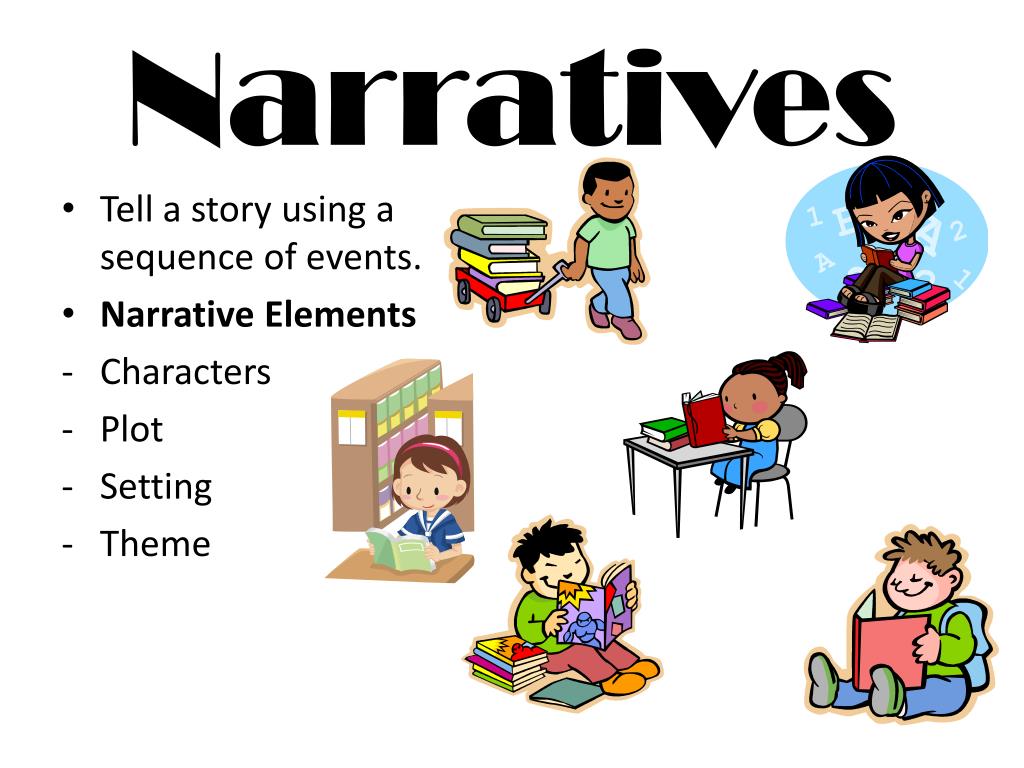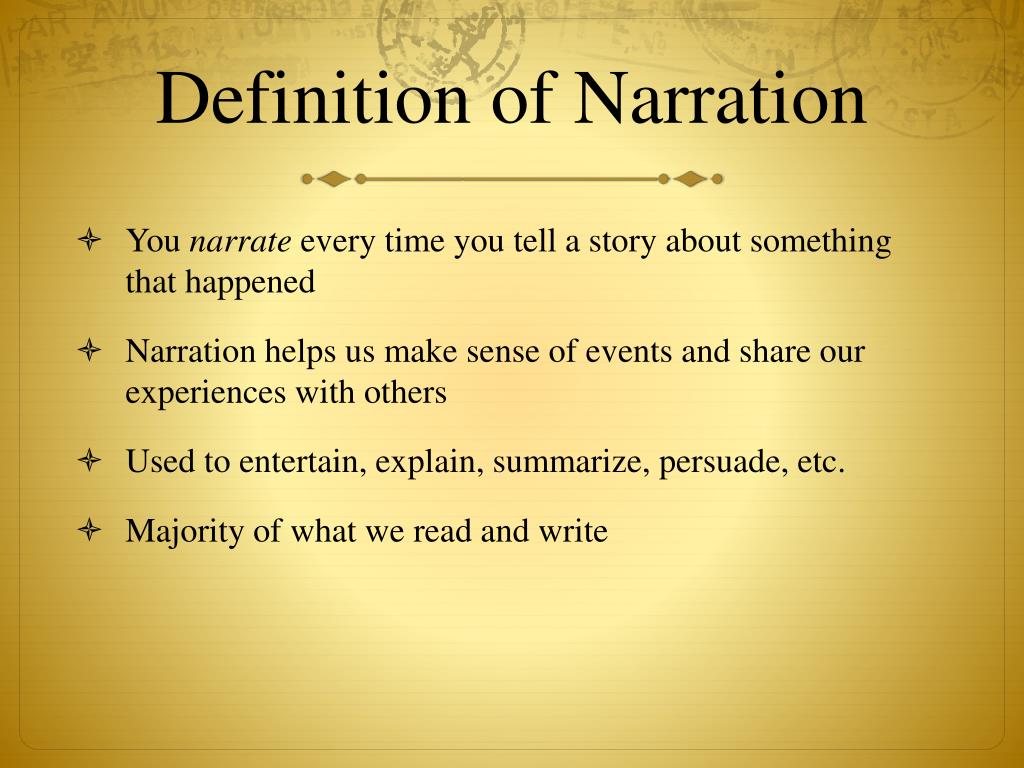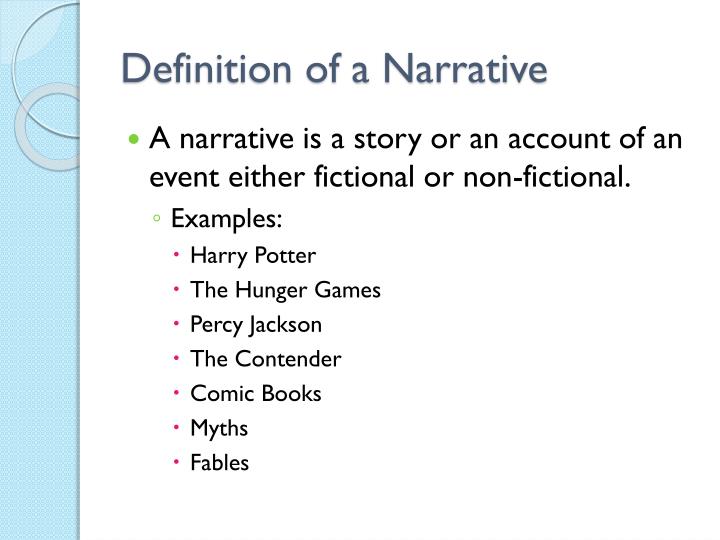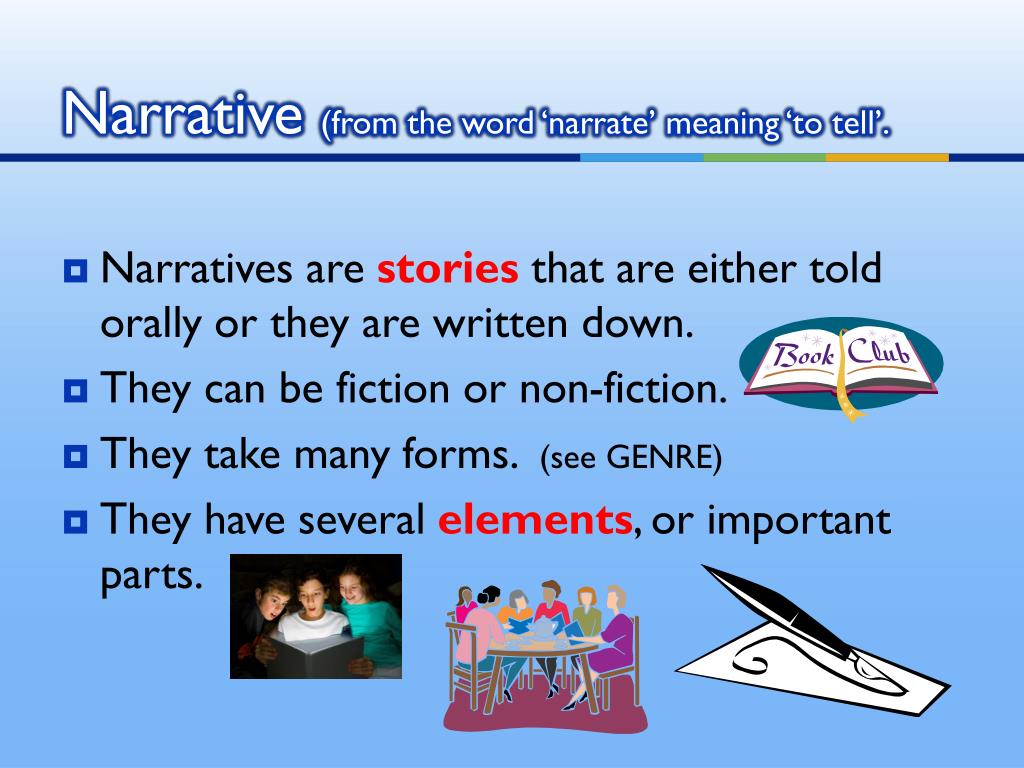What Does Narrate Mean - To provide spoken commentary for (something, such as a movie or television. To say the words that are heard as part of (a movie, television show, etc.) and that describe what is. The meaning of narrate is to tell (a story) in detail; To give an account or tell the story of (events, experiences, etc.). When you tell a story or describe something out loud, you narrate. To tell a story, often by reading aloud from a text, or to describe events as they happen: To tell the story in a book, film, play, etc: To tell a story, often by reading aloud from a text, or to describe events as they happen:
To say the words that are heard as part of (a movie, television show, etc.) and that describe what is. The meaning of narrate is to tell (a story) in detail; To tell a story, often by reading aloud from a text, or to describe events as they happen: When you tell a story or describe something out loud, you narrate. To give an account or tell the story of (events, experiences, etc.). To tell a story, often by reading aloud from a text, or to describe events as they happen: To provide spoken commentary for (something, such as a movie or television. To tell the story in a book, film, play, etc:
To say the words that are heard as part of (a movie, television show, etc.) and that describe what is. To tell a story, often by reading aloud from a text, or to describe events as they happen: When you tell a story or describe something out loud, you narrate. To provide spoken commentary for (something, such as a movie or television. The meaning of narrate is to tell (a story) in detail; To give an account or tell the story of (events, experiences, etc.). To tell the story in a book, film, play, etc: To tell a story, often by reading aloud from a text, or to describe events as they happen:
PPT Narratives PowerPoint Presentation, free download ID2491142
The meaning of narrate is to tell (a story) in detail; To tell the story in a book, film, play, etc: When you tell a story or describe something out loud, you narrate. To give an account or tell the story of (events, experiences, etc.). To tell a story, often by reading aloud from a text, or to describe events.
Narrate Meaning Definition of Narrate YouTube
To tell the story in a book, film, play, etc: To say the words that are heard as part of (a movie, television show, etc.) and that describe what is. When you tell a story or describe something out loud, you narrate. To tell a story, often by reading aloud from a text, or to describe events as they happen:.
Describe vs Narrate Meaning And Differences
To give an account or tell the story of (events, experiences, etc.). To provide spoken commentary for (something, such as a movie or television. To say the words that are heard as part of (a movie, television show, etc.) and that describe what is. To tell the story in a book, film, play, etc: When you tell a story or.
PPT Description/Narration PowerPoint Presentation, free download ID
To give an account or tell the story of (events, experiences, etc.). To provide spoken commentary for (something, such as a movie or television. To tell the story in a book, film, play, etc: When you tell a story or describe something out loud, you narrate. To tell a story, often by reading aloud from a text, or to describe.
LITERARY ELEMENTS Of Narrative Text. ppt download
To say the words that are heard as part of (a movie, television show, etc.) and that describe what is. The meaning of narrate is to tell (a story) in detail; To give an account or tell the story of (events, experiences, etc.). When you tell a story or describe something out loud, you narrate. To tell a story, often.
Narrative Definition And Examples
When you tell a story or describe something out loud, you narrate. To tell the story in a book, film, play, etc: To say the words that are heard as part of (a movie, television show, etc.) and that describe what is. To provide spoken commentary for (something, such as a movie or television. To tell a story, often by.
Identifying the Elements of Literature Narration Point of View
To tell a story, often by reading aloud from a text, or to describe events as they happen: To give an account or tell the story of (events, experiences, etc.). To provide spoken commentary for (something, such as a movie or television. To say the words that are heard as part of (a movie, television show, etc.) and that describe.
6 Types of Narration Infographic Now Novel
To tell a story, often by reading aloud from a text, or to describe events as they happen: To say the words that are heard as part of (a movie, television show, etc.) and that describe what is. When you tell a story or describe something out loud, you narrate. To give an account or tell the story of (events,.
PPT ELEMENTS OF NARRATIVES PowerPoint Presentation, free download
When you tell a story or describe something out loud, you narrate. To provide spoken commentary for (something, such as a movie or television. To tell a story, often by reading aloud from a text, or to describe events as they happen: To give an account or tell the story of (events, experiences, etc.). To say the words that are.
What Is A Narrative In Literature? Definition, Examples Of Literary
To tell a story, often by reading aloud from a text, or to describe events as they happen: The meaning of narrate is to tell (a story) in detail; To tell a story, often by reading aloud from a text, or to describe events as they happen: To give an account or tell the story of (events, experiences, etc.). To.
To Tell A Story, Often By Reading Aloud From A Text, Or To Describe Events As They Happen:
When you tell a story or describe something out loud, you narrate. To give an account or tell the story of (events, experiences, etc.). To tell a story, often by reading aloud from a text, or to describe events as they happen: The meaning of narrate is to tell (a story) in detail;
To Say The Words That Are Heard As Part Of (A Movie, Television Show, Etc.) And That Describe What Is.
To provide spoken commentary for (something, such as a movie or television. To tell the story in a book, film, play, etc:









